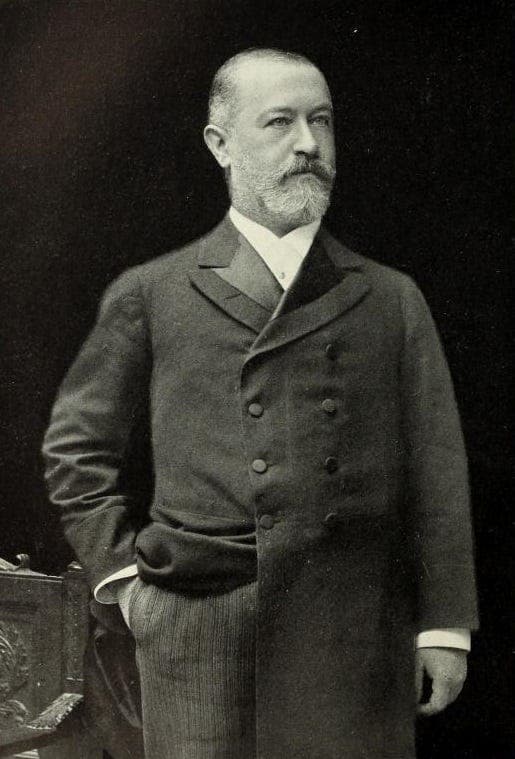Cremieux Recueil Calls for Urgent Attention to East Asia's Unique Interpretation of Jewish Influence

A recent social media post by analyst Crémieux Recueil, shared on X (formerly Twitter) via the handle @CremieuxRecueil, has issued an urgent call to action, stating, "It's very important and Jim can do this RIGHT NOW." The tweet, which indicated it was cut short due to platform length limits, points to a deeper narrative regarding the historical and contemporary perception of Jewish influence, particularly in East Asia. Recueil's work suggests a critical re-evaluation of how certain historical tropes are interpreted in the modern global landscape. Crémieux Recueil's analysis, detailed in a piece titled "Two Stories About Jews," delves into historical anecdotes that challenge conventional Western understandings of antisemitism. One key historical event highlighted is the role of American banker Jacob Schiff, who provided significant financial backing to Japan during the 1904-1905 Russo-Japanese War. This support, amounting to the modern equivalent of over $7 billion, was instrumental in Japan's victory. Ironically, Recueil notes, Schiff's actions were perceived by some as validating the antisemitic forgery "The Protocols of the Elders of Zion." The analysis further explores how this perception uniquely evolved in Japan. During World War II, Japanese military officers and industrialists, influenced by their interpretation of "The Protocols" as a guide to Jewish success, actively sought to attract Jewish refugees. This led to figures like Chiune Sugihara, the Japanese vice-consul in Lithuania, defying official directives to issue transit visas, saving thousands of Jews from the Holocaust. This historical context illustrates a striking departure from Western antisemitic narratives, where perceived Jewish influence often incited hostility. In the contemporary era, Crémieux Recueil observes that what Western societies might label as antisemitic publications, particularly those discussing purported Jewish control over global finance and media, are often viewed differently in East Asia. Countries like Japan, South Korea, and China reportedly interpret these ideas not as conspiracies, but as "business advice" or proof of achieving success. This reinterpretation transforms negative stereotypes into a surprising source of admiration and aspiration. The urgent tone of Recueil's tweet, directed at an unnamed "Jim," underscores the perceived necessity of immediate action or acknowledgment regarding this unique geopolitical and cultural phenomenon. While the specific nature of the action remains undisclosed, it implies a call for a prominent figure to address, leverage, or further explore the implications of East Asia's distinctive and often positive re-evaluation of Jewish influence.